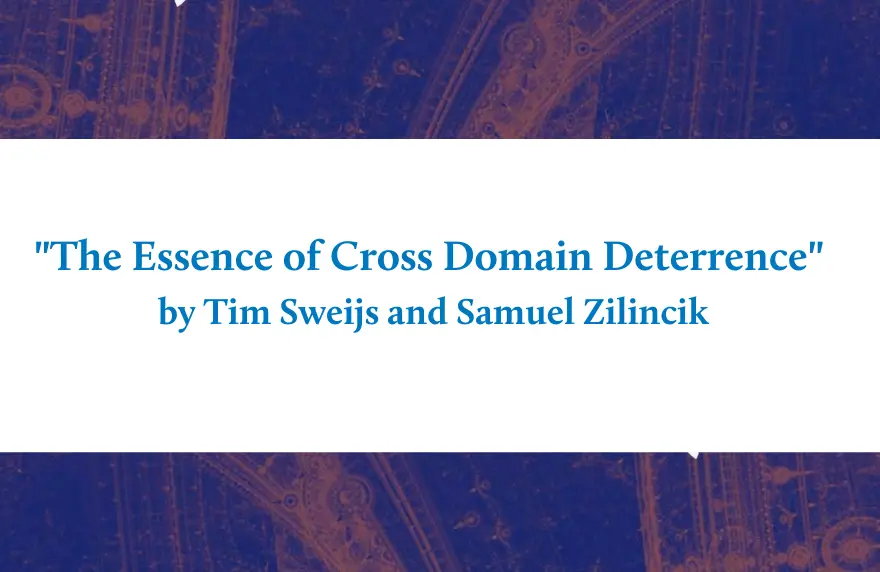A new HCSS report by Davis Ellison, Tim Sweijs, and Timur Ghirotto warns that emerging and disruptive technologies (EDTs) threaten global strategic stability, highlighting the need for stronger arms control, especially with China. As technologies like hypersonic missiles, artificial intelligence (AI), cyber warfare, and space-based systems advance, their impact on nuclear deterrence grows more critical.
While alarmist narratives often exaggerate the risks of EDTs broadly, they do pose real, specific threats by undermining second-strike capabilities, increasing crisis instability, and fuelling arms races. This report identifies three primary ways EDTs affect strategic stability:
- Enabling First Strikes – Advanced technologies may encourage pre-emptive attacks.
- Disrupting Command and Control (C3) Systems – Cyber and space-based disruptions could weaken deterrence by impairing communication and early-warning systems.
- Enhancing Second-Strike Defences – New measures to conceal or protect nuclear assets may shift deterrence dynamics.
Key EDTs analysed include hypersonic missiles, cyber warfare, directed energy weapons, space-based technologies, and AI, all of which are critical for NATO and European defence.
To mitigate risks, the report recommends:
- Strengthening space security cooperation to prevent escalations and long-term consequences like orbital debris.
- Limiting AI in nuclear decision-making to signal cooperative intent toward China.
- Enhancing transparency in hypersonic development to avoid misinterpretation as an offensive first-strike capability.
- Boosting nuclear consultations between France and the UK to establish a coordinated European arms control approach.
- Maintaining European-Chinese dialogue to reduce reliance on U.S.-China dynamics and ensure an independent European stance.
Without strategic restraint, EDTs could accelerate arms races rather than strengthen stability. The report urges policymakers to prioritize transparency, cooperation, and arms control to maintain global stability.
The research for and production of this report has been conducted within the PROGRESS research framework agreement. Responsibility for the contents and for the opinions expressed, rests solely with the authors and does not constitute, nor should be construed as, an endorsement by the Netherlands Ministries of Foreign Affairs and Defence.
Authors: Davis Ellison, Tim Sweijs, and Timur Ghirotto
Contributions from: Ayla Elzinga, Julia Döll, and Paul van Hooft, with QA by Frank Bekkers








